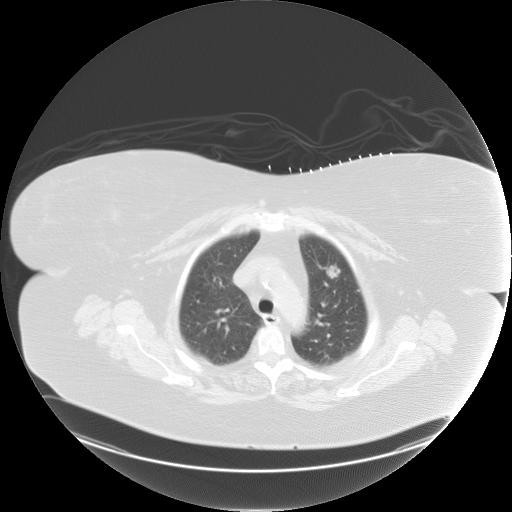
Lung Cancer Screening for High-Risk Population Now Recommended Nationally, Patients Empowered by Option
Diana Mummert, 69, of Morrow, started smoking when she was 18 years old.
"I was in high school. My boyfriend wouldnt stop smoking, so I started and kept it up for the next 50 years, she recalls.
Like many people, Mummert attempted to quit smoking periodically throughout her adult life without long-term success. It took a scaretwo suspicious nodules in her lungs in 2013to give her the motivation to kick the habit for good.
The retired Cincinnati VA Medical Center nurse says she is thankful that her primary care doctor encouraged her to take advantage of a new lung screening program offered at the University of Cincinnati Cancer Institute.
"I want people to know they dont have to die of lung cancer. I chose to get screened because I know I am at higher risk as a long-term smoker. If I end up with lung cancer, I want to find it early when it can still be treated.
Screening is done with a low-dose computed tomography (CT) scana non-invasive, 3-D imaging test that can be scheduled at various UC Health imaging centers across Greater Cincinnati. Mummerts nodules are being monitored every three months through the lung cancer screening program.
She finds motivation to stay smoke-free from her familyespecially her two young grandsons.
"My adult sons never picked up the smoking habit, and I dont ever want my grandsons to. I cant tell them not to smoke if I dont lead by example, she says. "It was hard to quit, but I feel better. My smokers cough is gone, my voice has recovered and I have more energy.
National Lung Cancer Screening Standards
Mummert is one of more than 70 people from Greater Cincinnati who have enrolled in the lung cancer screening program since its launch in November 2012. The UC Cancer Institute Comprehensive Lung Cancer Center is the only team in Greater Cincinnati to offer a lung cancer screening under the guidance of a clinical protocol that capitalizes on input from the entire multidisciplinary lung cancer team to ensure the most accurate results for the patient.
People who have smoked a pack of cigarettes a day for more than 20 years and those with a prior lung cancer diagnosis are considered at increased risk for lung cancer, according to the World Health Organization.
In May 2013, the American College of Chest Surgeons began recommending low-dose CT scanning for lung cancer screening to people with a significant risk of lung cancer due to age and smoking history.
More Information & Appointments
To learn more about lung cancer screening, call registered nurse and dedicated lung cancer screening program coordinator Michelle Ottersbach at 513-584-LUNG (5864) or visit uccancer.com.

Michelle Ottersbach a nurse coordinator for the lung cancer screening program.

Sandra Starnes, MD, is chief of the thoracic surgery division for the UC College of Medicine Department of Surgery.
Tags
Related Stories
Can new rules in Ohio address a pharmacy staffing shortage and...
May 17, 2024
The University of Cincinnati's Michael Hegener joined WVXU's Cincinnati Edition to discuss recent rules released by the Ohio Board of Pharmacy designed to address pharmacy staffing.
Is ketamine the answer to treatment-resistant depression?
May 16, 2024
The University of Cincinnati's Stephen Rush joined WVXU's Cincinnati Edition to discuss the use of ketamine and esketamine to treat treatment-resistant depression.
UC study: Severe ischemic strokes rare in total patient...
May 15, 2024
The University of Cincinnati’s Yasmin Aziz will present research at the European Stroke Organisation Conference that found severe ischemic strokes with the most severe damage are rare in the total stroke patient population.
